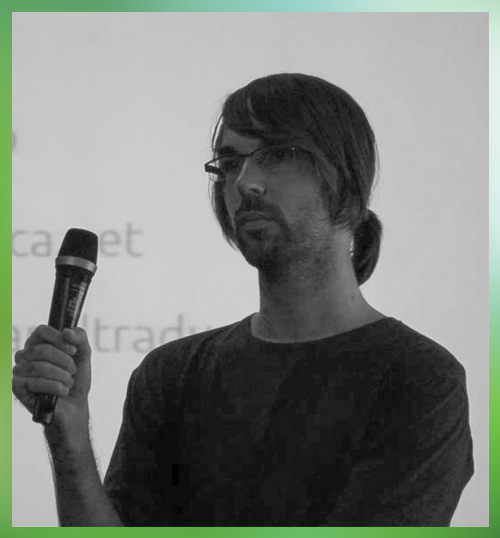Panel for Academicians: Current and Prospective Effects of (N)MT and Post-Editing on Academy
“Recent developments in translation technologies have changed the field of translation and interpreting in different ways. On the one hand, translation as a product is going through changes such as in the way translation is perceived by the society and the industry. We also witness changes in the process of translation in the form of updates in the curricula of T&I departments and in the way translations are produced in the industry. Thirdly, T&I research is enhanced by new technologies which allow more detailed investigation of translation both as a product and a process.
This presentation will attempt to explore the repercussions of technological developments on translation product, process, and research with a focus on the case of Turkey. The second emphasis will be on translation and interpreting education. As the number of T&I departments and graduates is growing in Turkey, more competition is observed in the market and it is estimated that only a small percentage of the graduates are able to pursue their profession. With mounting discussions on singularity in the translation industry, it seems quite timely to rethink educational policies and curriculum regarding translation and interpreting studies. With this presentation, we will try to contribute to the effort of reshaping the translation education in the face of the paradigm shift brought about by digital technologies.”
(Assoc. Prof. Dr. Mehmet Şahin)
